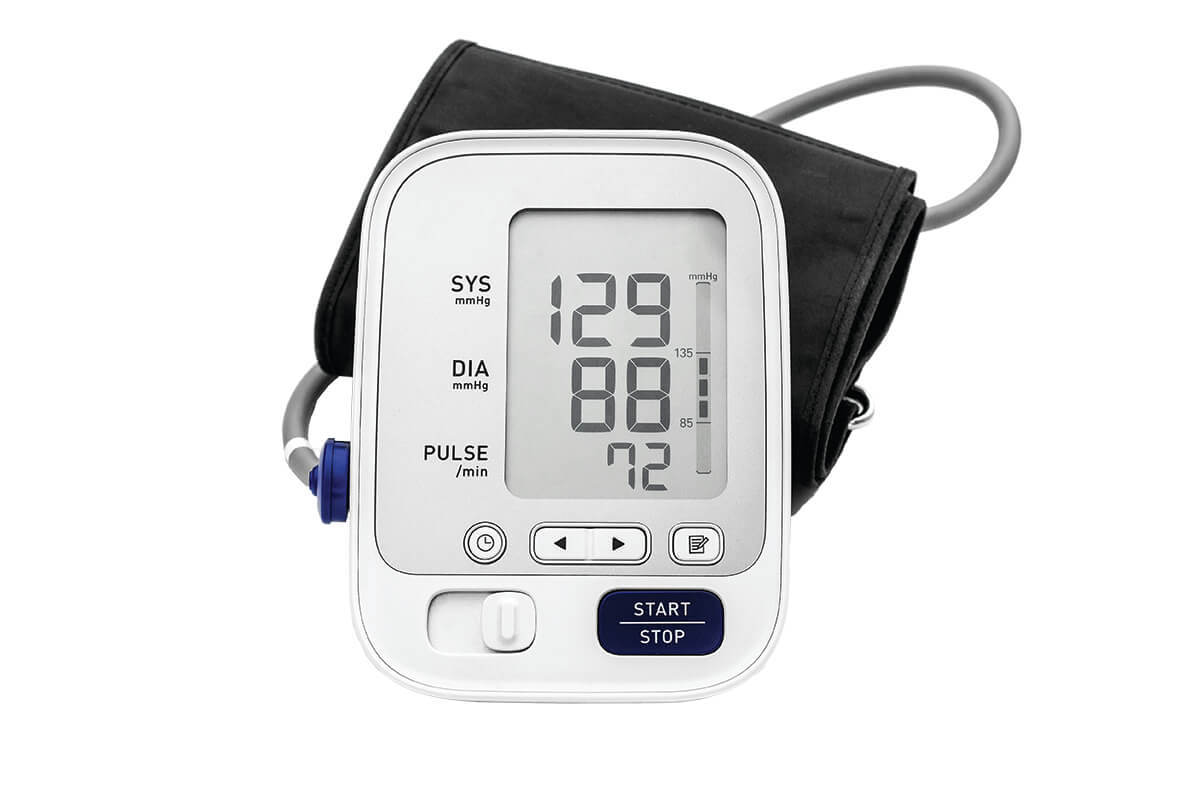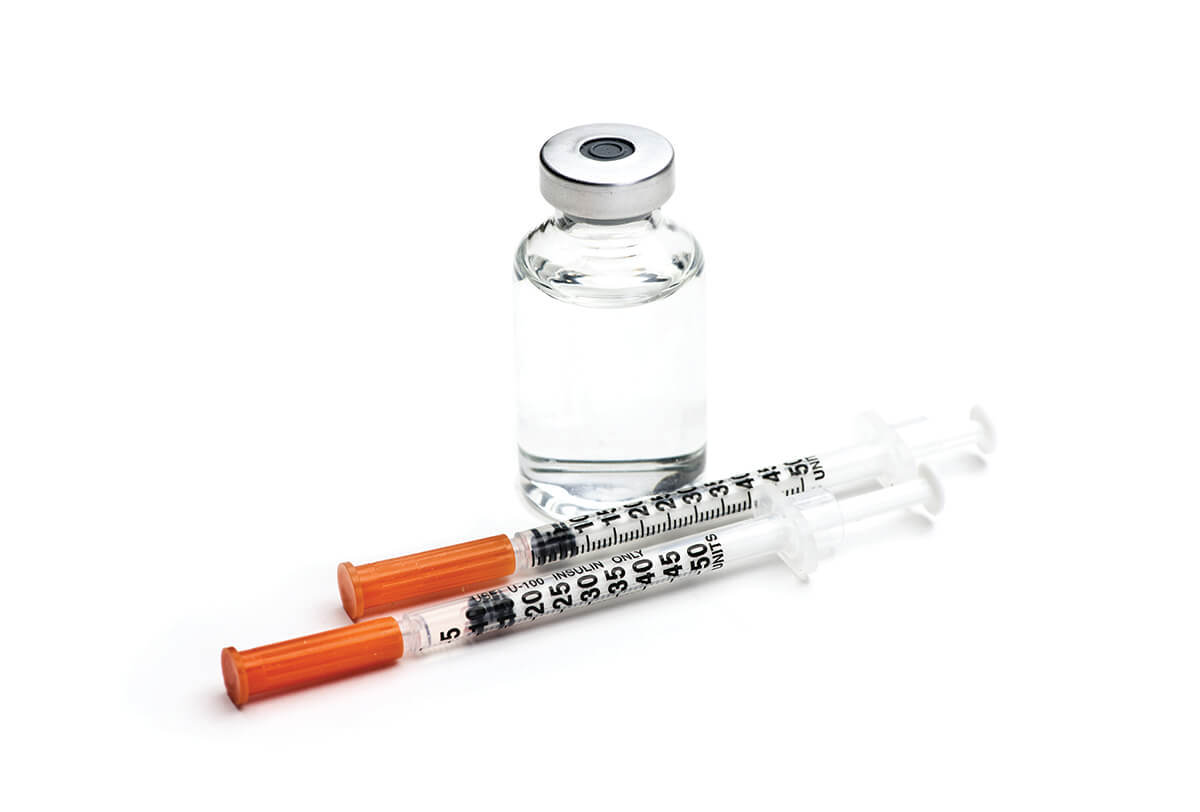Health & Wellness
Johns Hopkins Cardiologist Talks Heart Health
In honor of American Heart Month, we learn more about best cardio practices.
Sweetheart candies and heart-shaped cards aren’t the only hearts we’re concerned about this Valentine’s season. Across the nation, February is officially American Heart Month. In honor of an entire month of hearts, we decided to learn more about healthy cardiovascular practices from Johns Hopkins cardiologist Dr. Matthews Chacko.
What is one surprising fact about heart health our readers should know?
Heart disease affects all of humanity. There is not one gender, race, or ethnic group that is really spared from heart disease. What’s being recognized is that coronary artery disease is being seen in younger individuals.
Who is at a higher risk of heart disease?
Those at risk for heart disease or coronary artery disease tend to [be] people who are older individuals, those that smoke, those that have diabetes or high cholesterol, and those that have a strong family history of heart disease. Somebody might say “my dad had a heart attack when he was 40,” and that is something to be very worried about. But I would say that of the risk factors that are out there, perhaps the most important risk factors are smoking and diabetes.
We know exercise is great for multiple reasons. Are there certain exercises that help cardiovascular health most?
Believe it or not, just regular walking is better than doing nothing at all. But things that make you sweat—the aerobic physical activity—would be more important than strength training. Keeping active with 150 minutes of moderate-intensity exercise or 75 minutes of vigorous exercise weekly is the guideline.
Do you have any top tips for keeping heart-healthy?
Cardiovascular disease is the leading cause of death worldwide—more than cancer, more than infectious diseases. In general, it starts when we are children. It just continues to press without any symptoms or manifestations until you get older, and so identifying risk factors [early] is important in terms of preventing a downstream event such as a heart attack. The things one can do to prevent heart disease are common sense. I tell folks not to smoke or to stay away from secondhand smoke. To eat well—and that involves avoiding unhealthy fats like saturated fats and trans fats.
Then, if you have diabetes, controlling that to an optimal level. The last thing is simply knowing your numbers. There are a lot of people out there who walk around with high blood pressure and don’t know it, or high cholesterol and never get their cholesterol checked. Those are people at risk for heart disease, and these are treatable, so get to know your numbers.
WHAT YOU NEED:
 IDENTIFY RISKS: Work with your doctor to regularly check your blood pressure, cholesterol, and discuss any family history that could link to higher risks.
IDENTIFY RISKS: Work with your doctor to regularly check your blood pressure, cholesterol, and discuss any family history that could link to higher risks.

TAKE PRECAUTIONS: Eat a healthy diet, practice aerobic exercises weekly, and avoid smoking.

MAINTAIN YOUR LEVELS: Those with diabetes should ensure they keep up with maintaining healthy levels of sugar and insulin.
